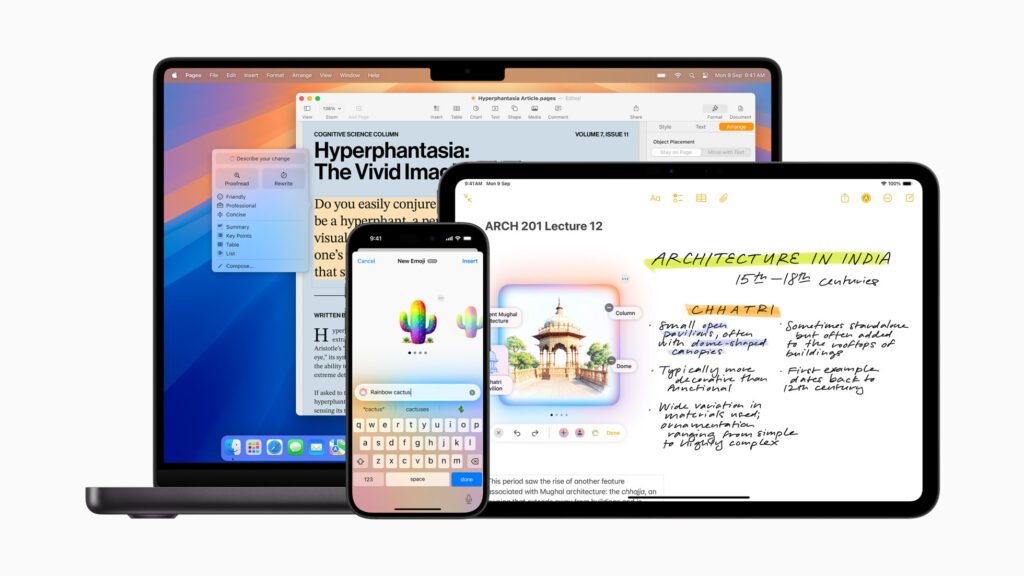Apple users in the U.S. may soon feel a serious pinch in their wallets. Due to new tariffs imposed on Chinese imports, analysts warn that iPhone prices could skyrocket—reaching up to $2,300 for high-end models.

Table of Contents
Why Are iPhone Prices Rising?
The U.S. government has implemented a 54% tariff on certain Chinese goods, and since most iPhones are manufactured in China, Apple faces a major cost increase. According to analysts, to maintain current profit margins, Apple would need to raise iPhone prices by 30% to 43%.
That means:
- The iPhone 16, which now starts at $799, could cost around $1,142.
- The iPhone 16 Pro Max, currently priced at $1,599, could shoot up to $2,300.
“A $2,300 iPhone sounds extreme, but it’s a real possibility if these tariffs remain and Apple doesn’t absorb the cost,” says market analyst Ben Wood.
Apple’s Dilemma: Absorb or Pass on the Cost?
Apple now has two tough options:
- Absorb the cost and see a dip in profits.
- Pass on the cost to consumers and risk lower sales.
Given Apple’s premium brand image, the company may hesitate to compromise its margins—especially as global economic conditions worsen and investor pressure grows.
Economic Shockwaves
These tariffs aren’t just hitting Apple. Global markets are feeling the impact:
- Major indices like the Nasdaq have dropped sharply.
- Economists warn of inflation and slowed economic growth.
- Tech giants relying on Chinese supply chains are scrambling for alternatives.
Will Apple Move Production?
While Apple has explored shifting some manufacturing to India and Vietnam, a full relocation from China would take years and billions of dollars. Until then, U.S. consumers could bear the brunt of this trade war.
What Should Consumers Do?
If you’re planning to buy a new iPhone:
- Act quickly before price hikes hit.
- Consider older models or certified refurbished devices.
- Look out for trade-in deals and offers from carriers.
Conclution
The potential $2,300 iPhone isn’t just a warning about rising costs—it’s a wake-up call about how global politics can directly affect our everyday tech. Whether Apple absorbs these costs or passes them on, the next few months will be critical for both the company and its loyal user base.
